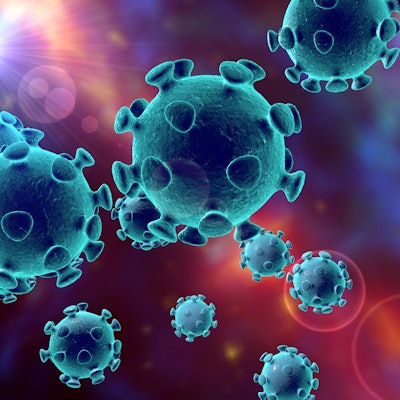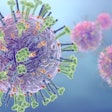
A new CRISPR-based test can produce results in 30 minutes to an hour, with similar accuracy as the standard polymerase chain reaction (PCR) diagnostics now used. The test, known as StopCovid, is still in the research stage but it could be made cheaply enough that people could test themselves every day with 93% accuracy, according to a study appearing in the New England Journal of Medicine.
The researchers used StopCovid on 402 patient samples -- 202 positive and 200 negative -- and found it detected 93% of the positive cases as determined by the standard PCR test. The test was developed by Massachusetts Institute of Technology (MIT) researchers, the Broad Institute of MIT and Harvard, the University of Washington, the Fred Hutchinson Cancer Research Center, the Brigham and Women's Hospital, and the Ragon Institute.
StopCovid concentrates the viral genetic material in a patient sample by adding magnetic beads that attract RNA, which eliminates the need for expensive, time-intensive purification kits. The concentration is what increases the test's sensitivity. The test also works on samples taken using the less invasive anterior nares swab. The researchers are now testing StopCovid with saliva samples.



















